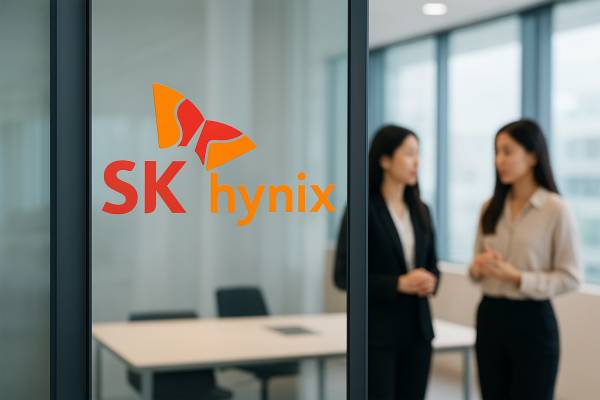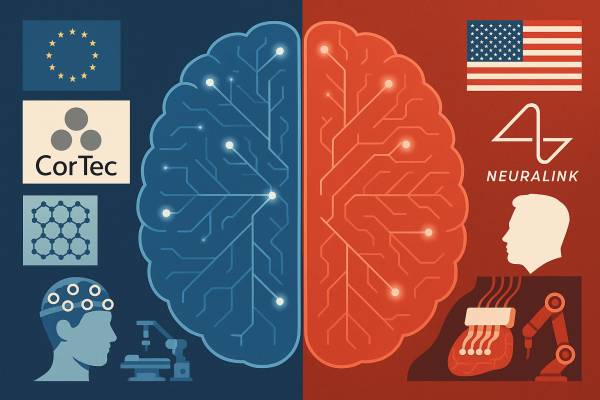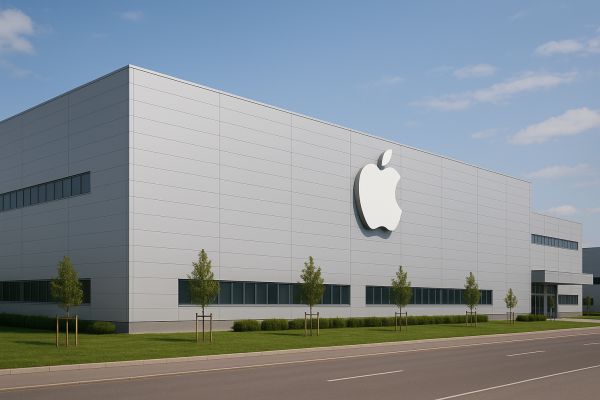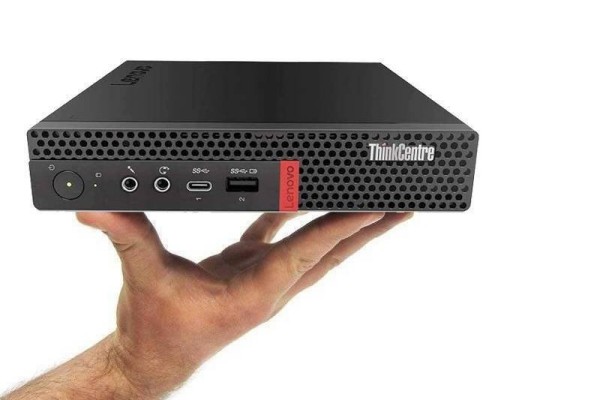Lenovo first showcased its latest concepts at CES and then at MWC 2025 in Barcelona. The company appears to be focusing on bringing new ideas to the market, especially in laptop monitors.
ThinkBook Plus Gen 6
This model was introduced as a concept at CES, and the decision has been made to launch it. It will be available from June for around $3500, making it the world’s first commercially available laptop with a rollable monitor. Its unique feature allows the screen to expand from 14 inches to 16.7 inches with just one button press. The display is a 120 Hz, 400-nit OLED panel.
The laptop is designed for general office work, business use, or programming. It will come equipped with an Intel Core Ultra 7 258V processor and an Intel Arc 140V integrated GPU. The memory is expandable up to 32 GB, and it includes 1 TB of PCIe 4.0 SSD storage.

ThinkBook Flip AI
Building on the success of the previous model, Lenovo introduced another solution at MWC 2025 to further enlarge the screen. Inspired by foldable phones, this design features a 13.1-inch OLED screen that can unfold to 18.1 inches. When folded, it can be used as a tablet. Like the ThinkBook Plus Gen 6, this model is aimed at the business market, and if it is well received, it is expected to have similar specifications. Personally, I believe the ThinkBook Plus Gen 6 is the better option.

Magic Bay Monitor Accessory
This idea is one of my personal favorites because it allows you to attach additional monitors to your laptop using a docking clamp. Both power and data are supplied by this rear docking station, making it a very convenient solution for a multi-monitor setup, which is almost indispensable for programming. Additionally, you can adjust the angle of each external monitor individually to suit your needs.

Glasses-free 3D Display
A laptop has been unveiled with a display that can render 3D images without the need for glasses. The focus here is on the monitor technology, so no other hardware specifications have been provided. I can imagine that the P series for engineers—or even the X series—might feature this technology in the future, as it could be very appealing to those who work with 3D modeling.

Lenovo Yoga Solar PC
This is also just a concept, where a solar panel is integrated into the laptop lid. It is claimed that the solar panel is powerful enough to provide one hour of battery power in just 20 minutes of sunlight. In certain environments, this could be very useful, especially for people who work outdoors or in offices with large windows where the laptop receives ample light. I am curious to see what kind of feedback this will receive.























